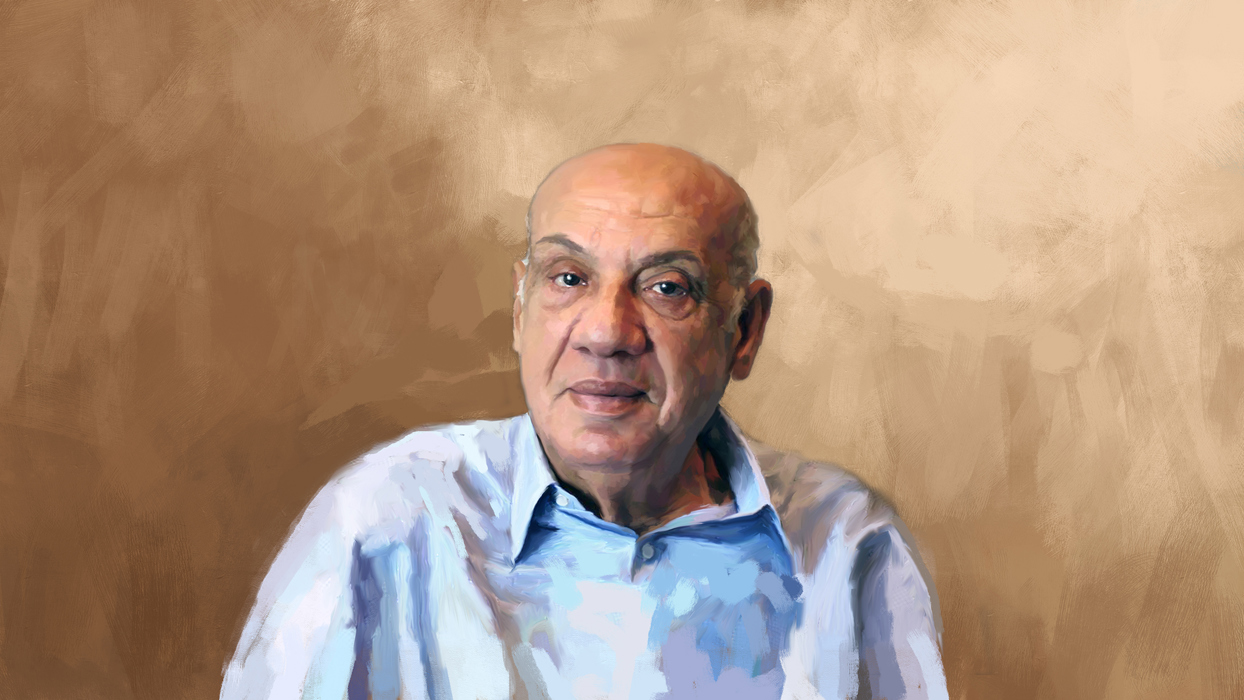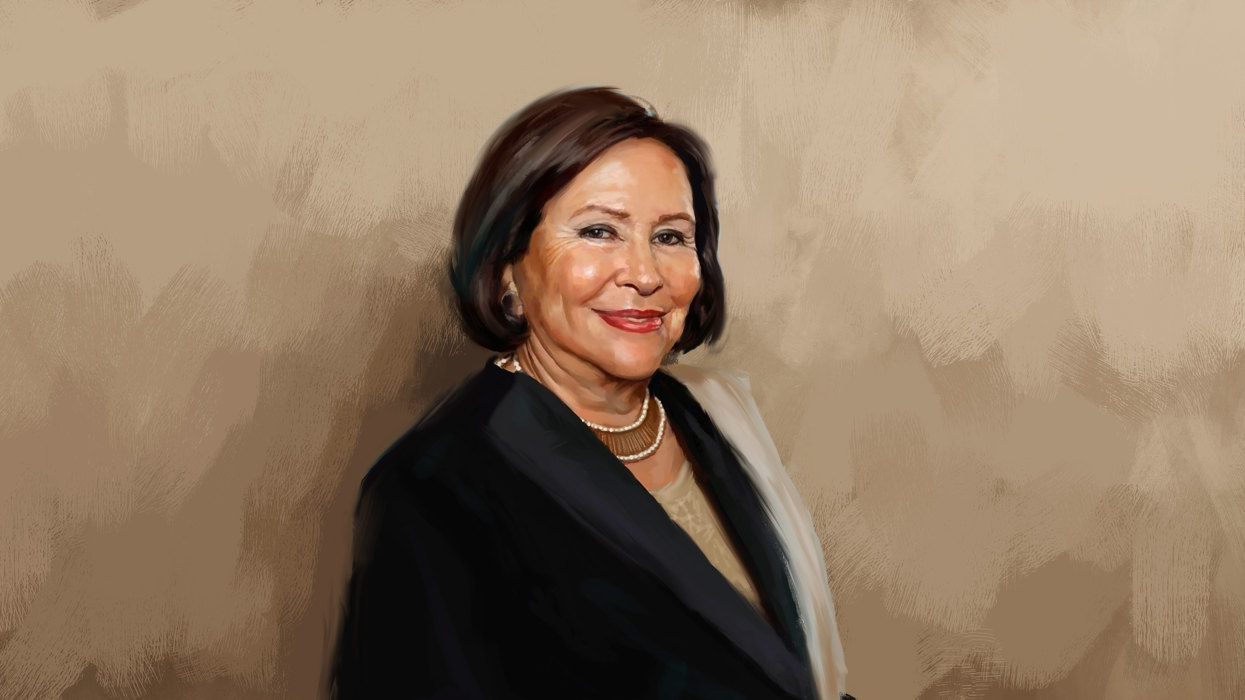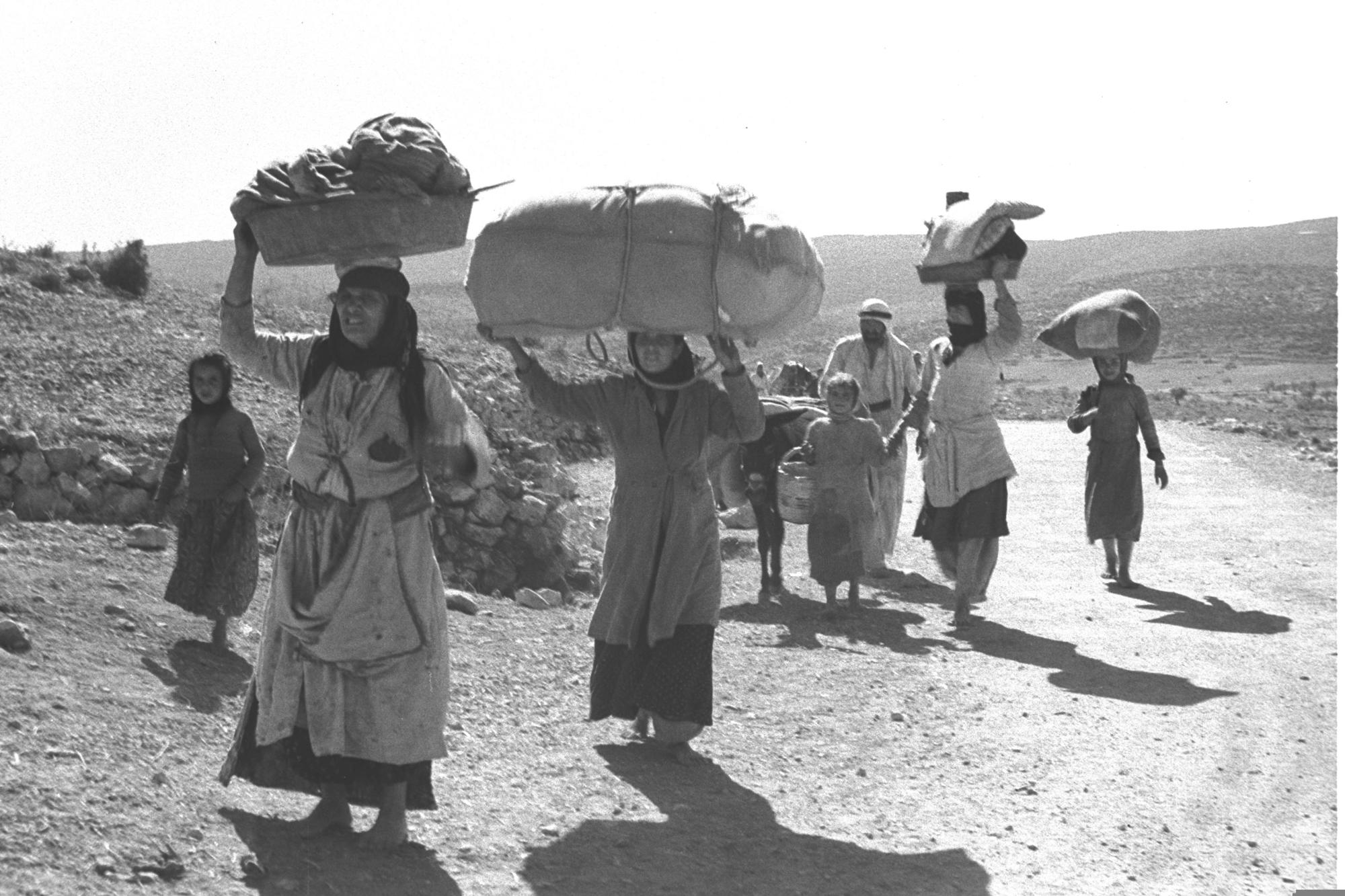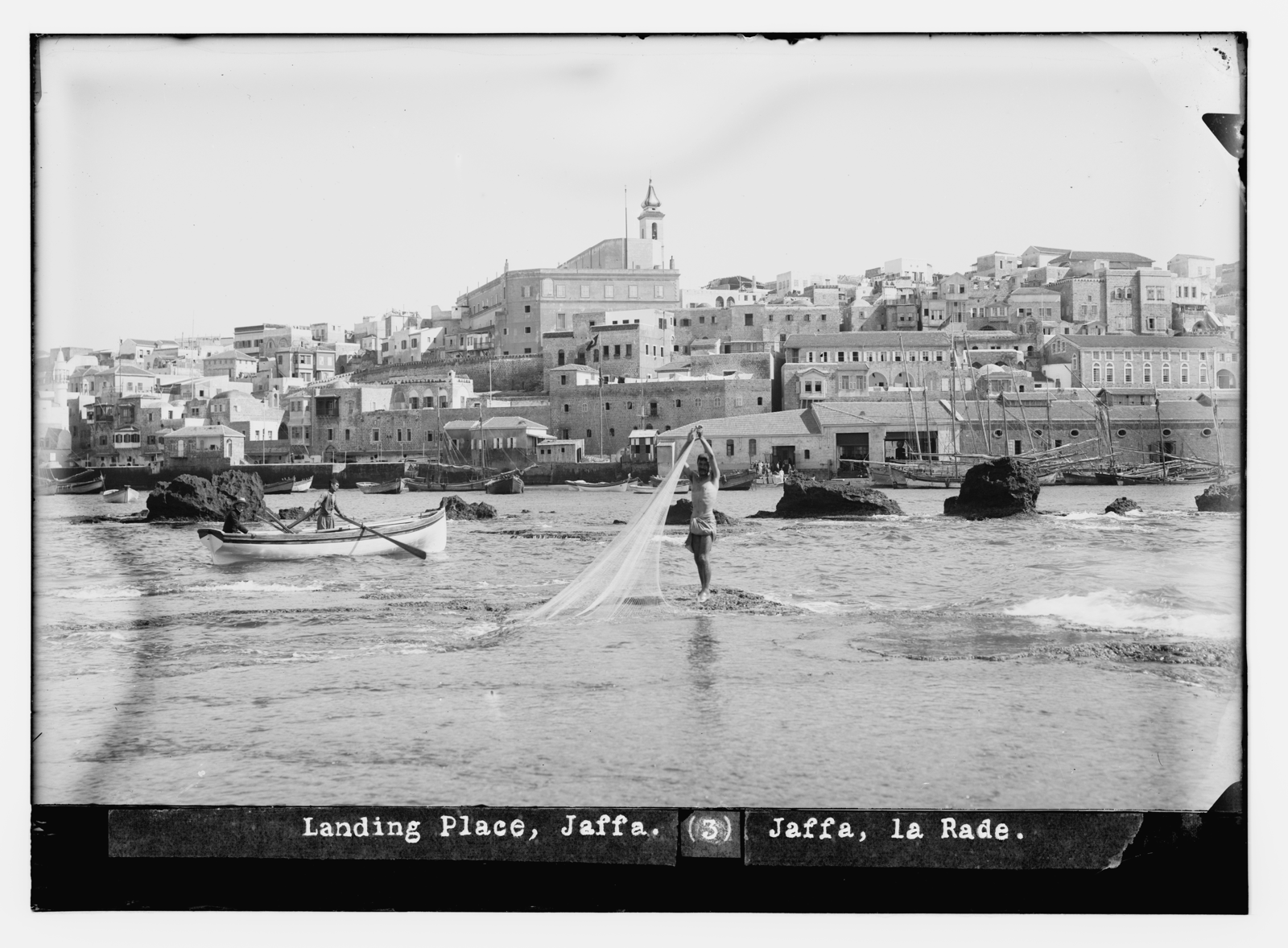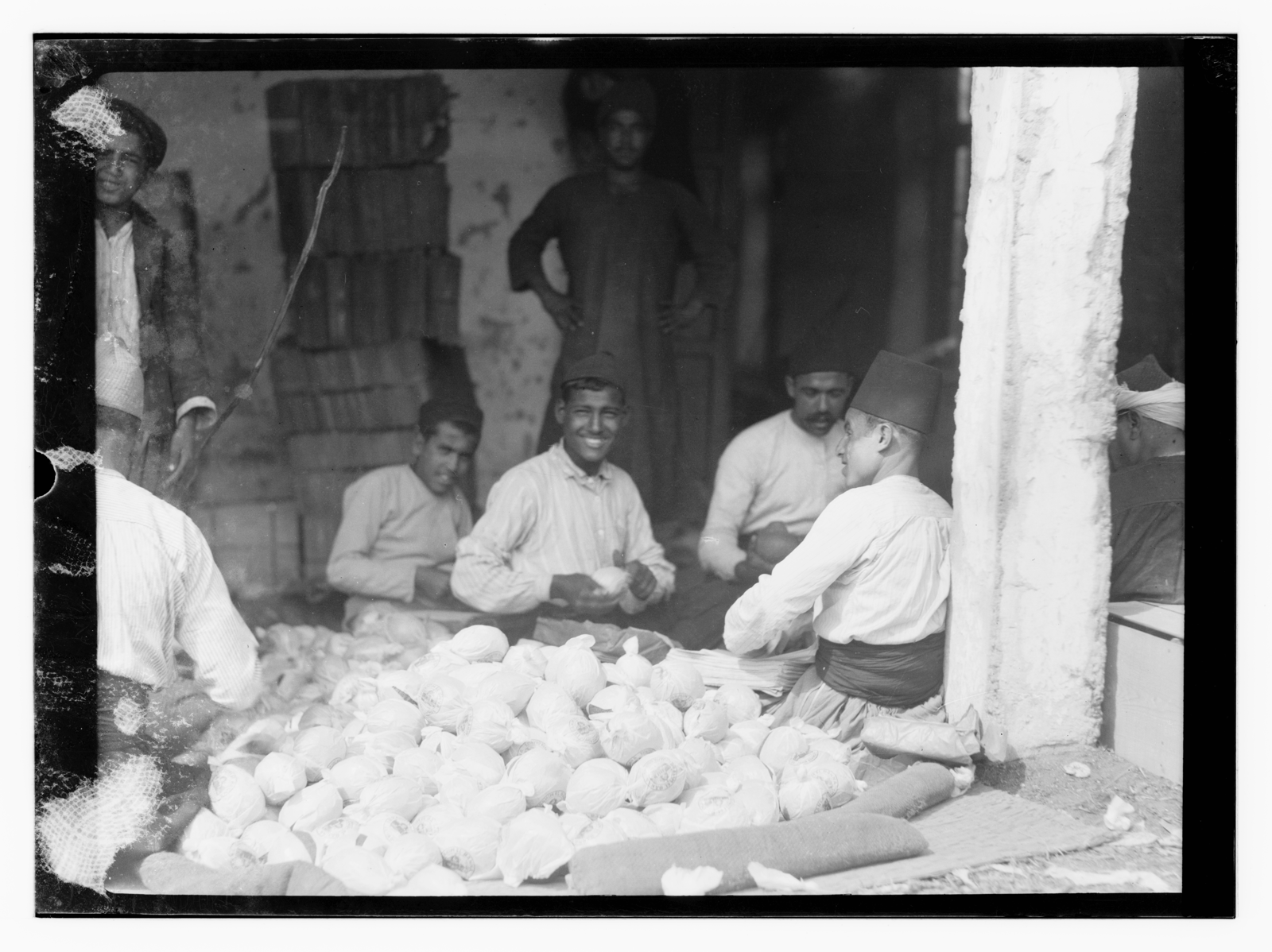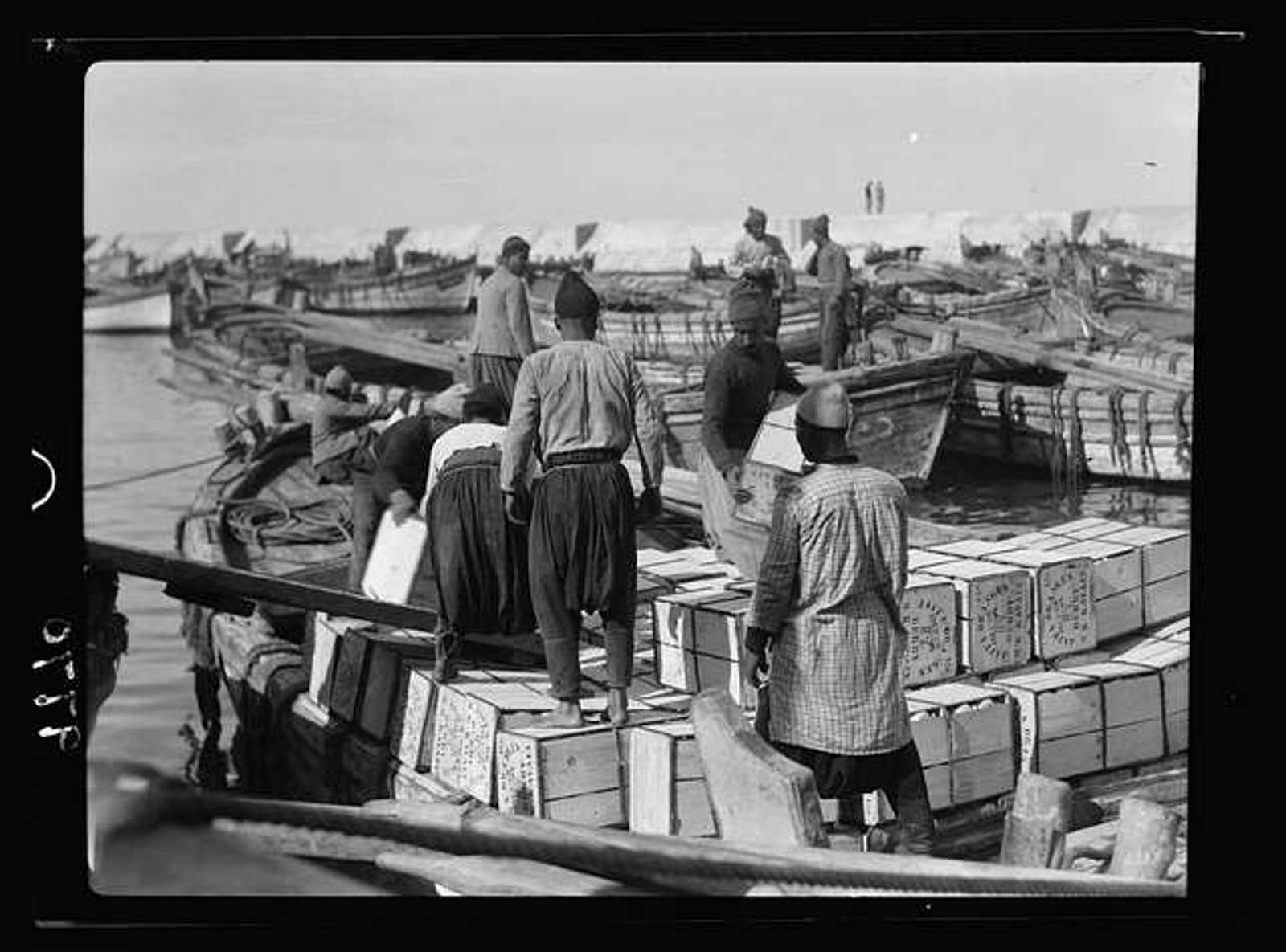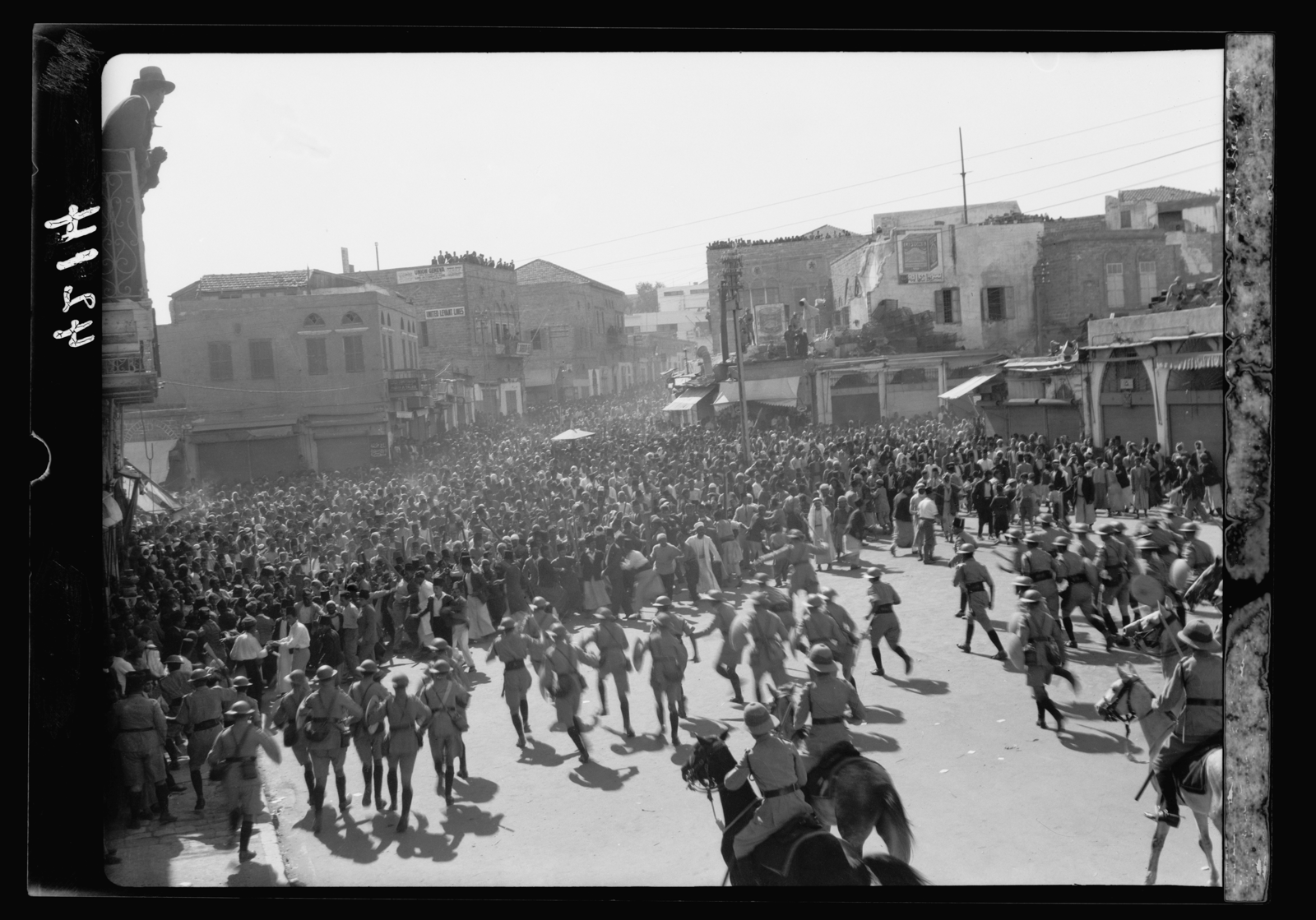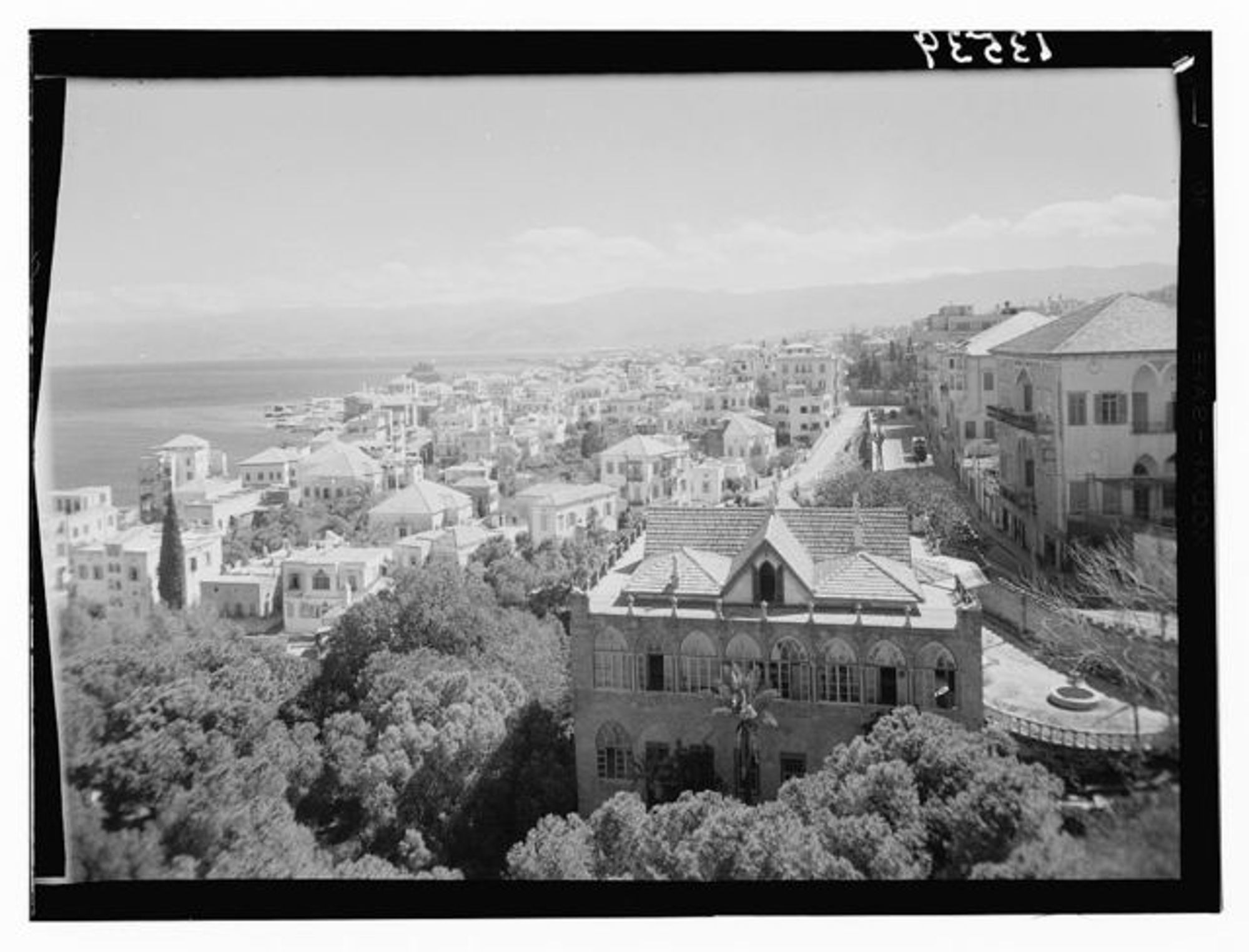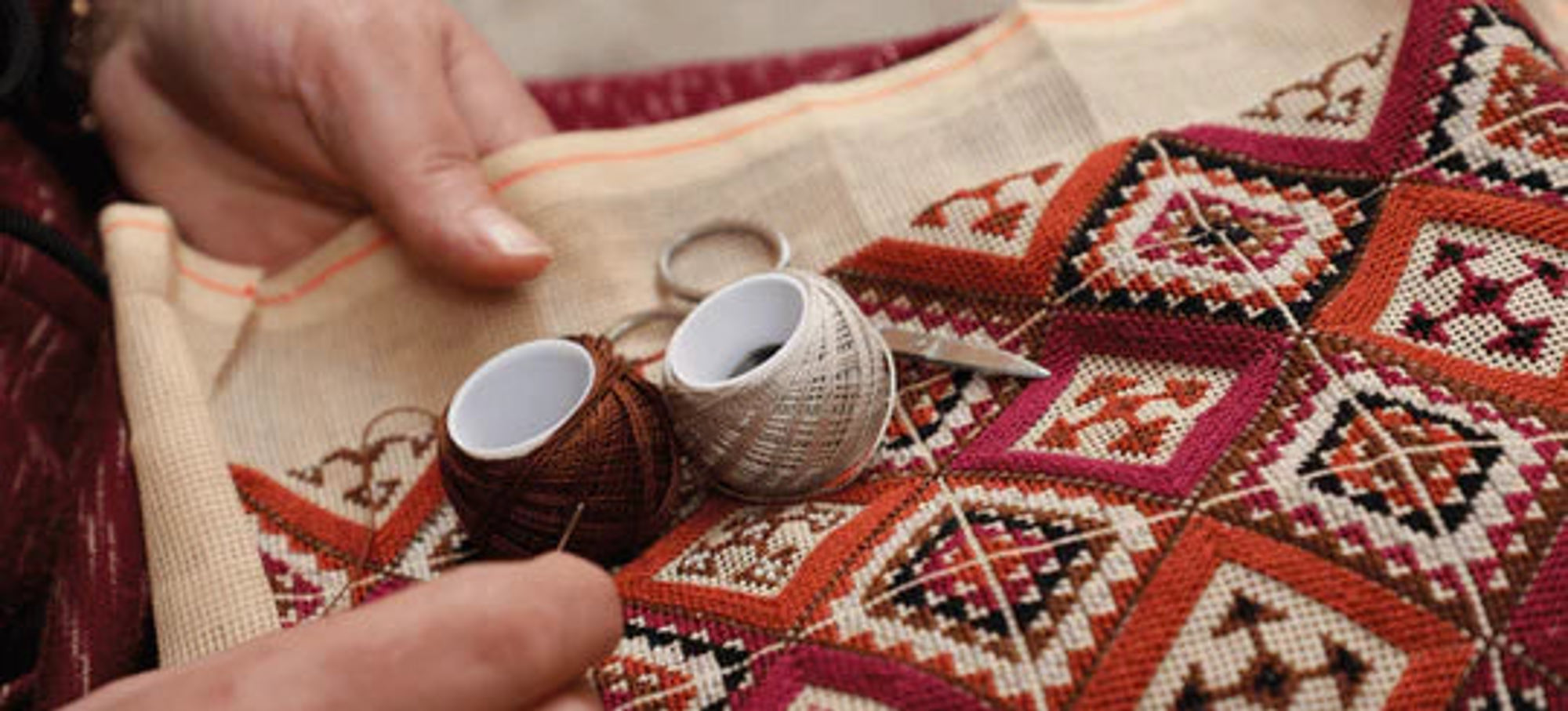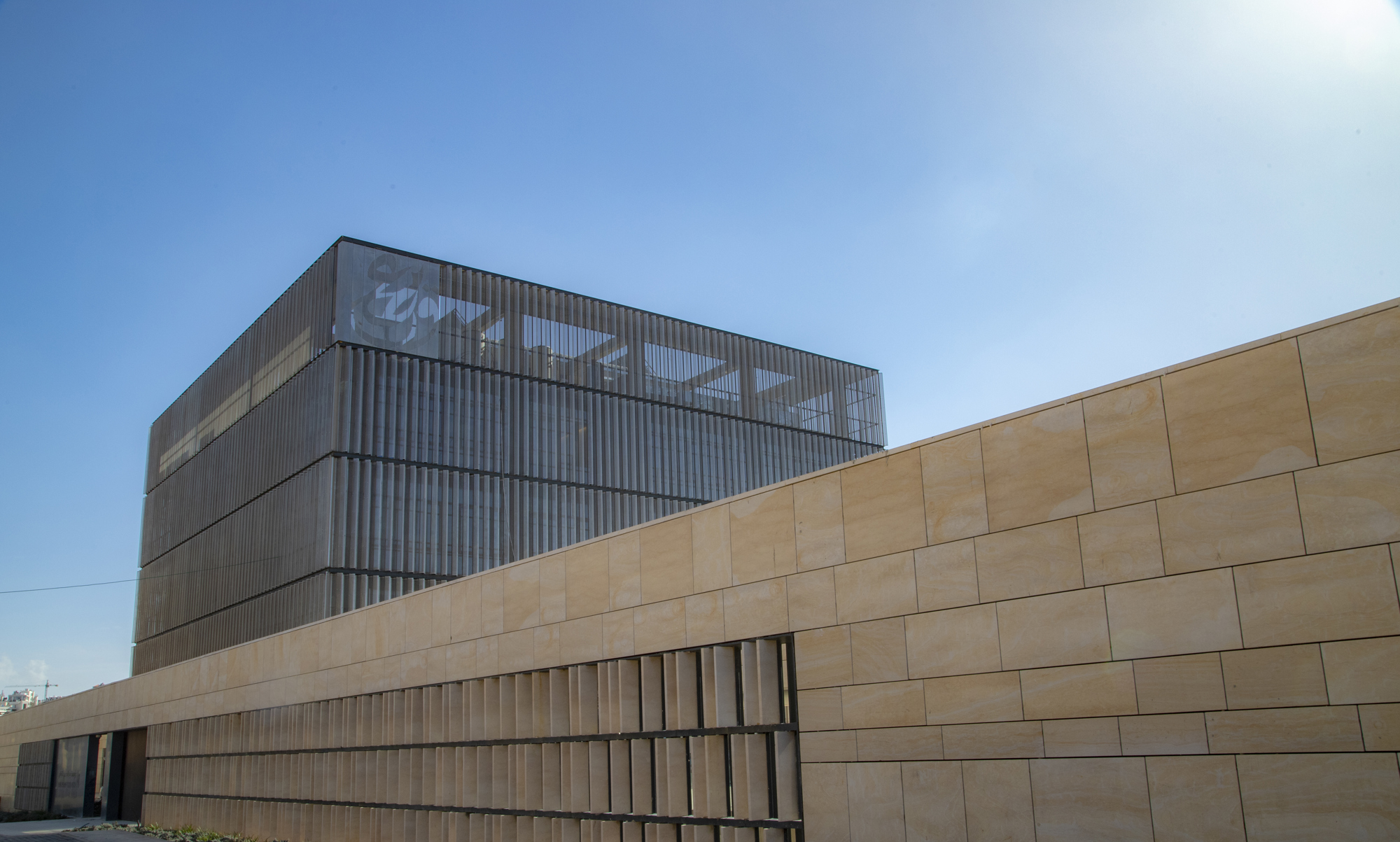Khalil Sakakini (pictured, left) pioneered a progressive approach to education that was rare in the region – and the world - at that time. He eschewed grades, prizes, and punishments in favour of music, education, and athletics. He also introduced new methods of teaching Arabic.
Al-Qattan flourished under Sakakini and missed no opportunity in his adult life to remember his old teacher and the influence he had on him as a young boy, regularly citing the educator’s famous saying: "They planted and we harvested; we plant and they shall harvest."
“He was deeply influenced by Sakakini, about that there is no doubt,” says Ziad Khalaf, the founding CEO of the AM Qattan Foundation, which Al-Qattan would go on to set up later in life.
“He would often tell a story about how his teacher had asked him his name in class, and when he replied ‘Abdel Mohsin’, Sakakini had responded by saying ‘from now on, your name will be Mohsin only, you should not be anybody’s slave (“abd” in Arabic). “This was a moment that truly stuck with him,” notes Khalaf.
